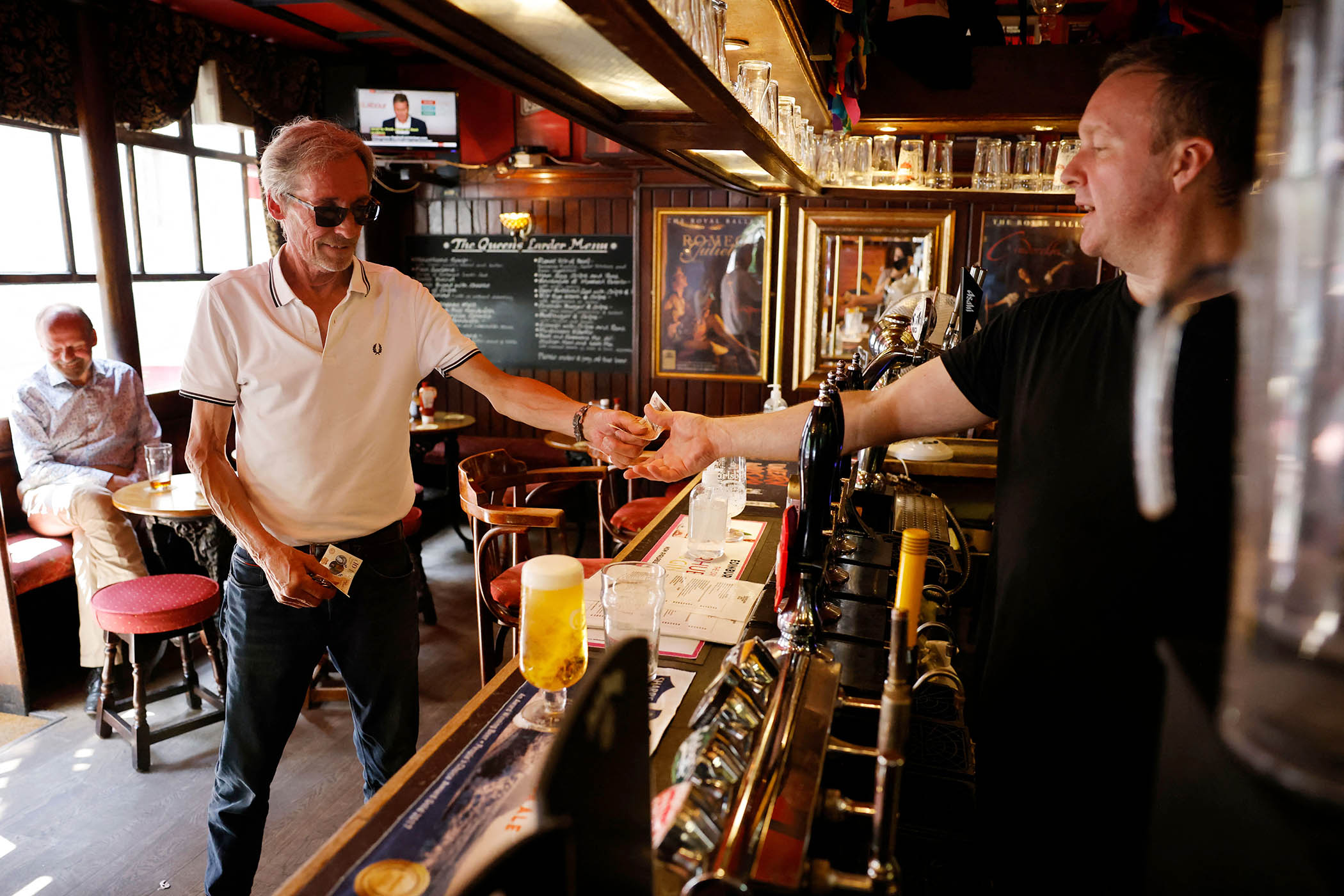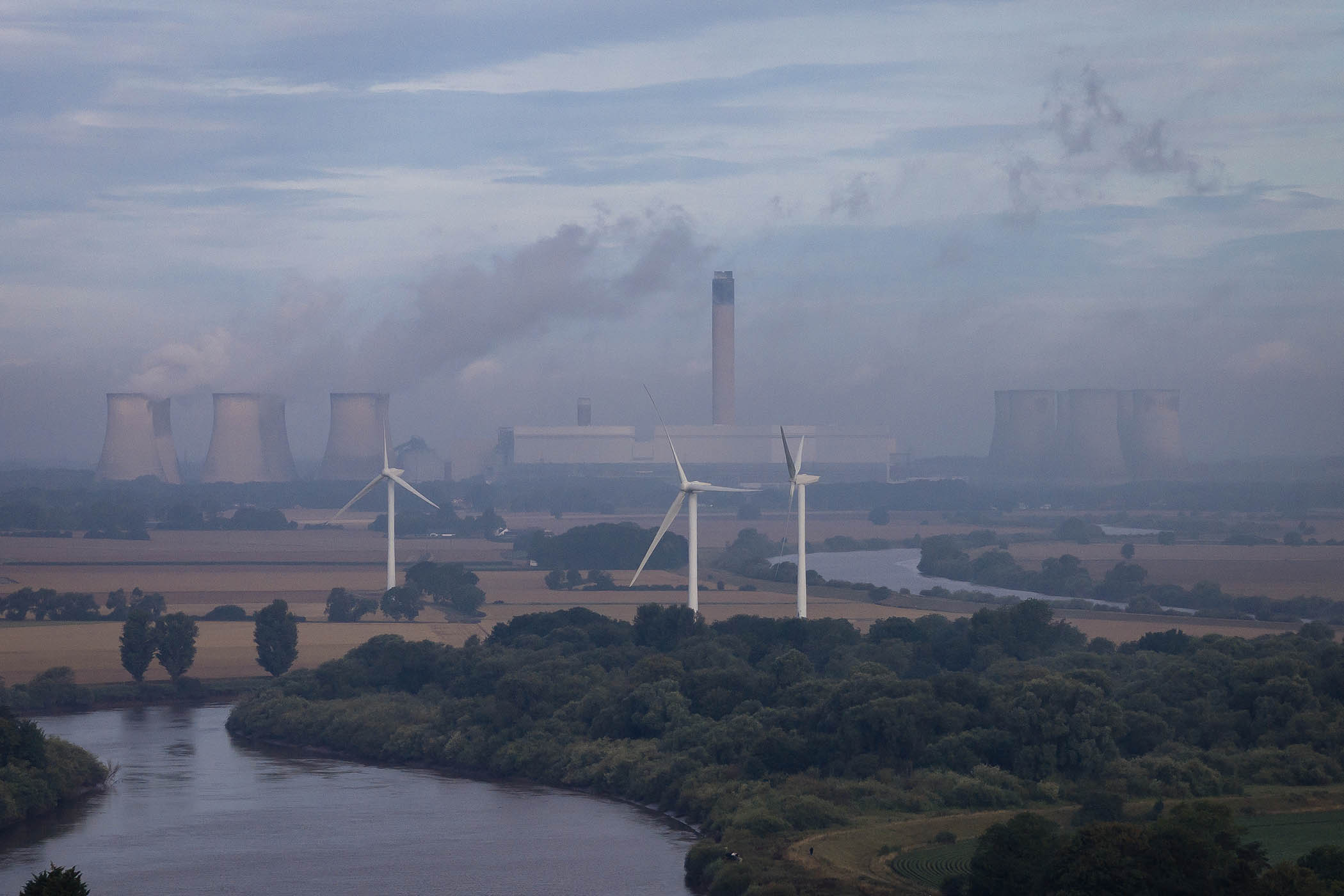Labour is drawing up plans to allow pubs to stay open later, serve more outdoor food and hold more events in a bid to help the ailing hospitality industry.
So what? British pubs have been in crisis for some time, and it is getting worse. Roughly 350 closed their doors for good in 2024, with another 378 set to shutter this year. Landlords are battling multiple headwinds including
•
rising costs;
•
changing habits; and
•
taxes.
Taking stock. The UK had roughly 100,000 pubs at the beginning of the 1900s. Last year the number dipped below 40,000. The sector was among the worst affected by the pandemic.
In the pipeline. The new rules are part of a broader review of licensing laws which Labour says are “outdated” and “holding back pubs”. With clubs also closing at a steady rate, Keir Starmer hopes to “bring the buzz back to Britain’s boozers”.
Systemic. The prospect of later hours and the loosening of other rules have been welcomed by the sector, but are unlikely to resolve the crisis. Many pubs have already reduced their opening hours, calling last orders early or closing on certain days owing to higher costs and reduced footfall. They may not be able to afford to stay open late.
Bellwether boozers. People are socialising earlier, drinking less and staying in more, partly to save money. Lockdowns have also changed people’s behaviour. These trends are particularly pronounced among the young: a recent industry body survey found 68 per cent of 18 to 30 year olds are going on fewer nights out.
Bottom line. Meanwhile the average price of a pint of beer exceeds £5, up from £3.45 in 2015. Many pubs now charge over £7 for premium lagers and craft IPAs, especially in big cities and southern England.
Why? Spiralling overheads, which are passed on to consumers. These include increased rents, utility bills, wages and national insurance contributions.
Empty plates. With some rural pubs now relying on food sales for one third of takings, rising grocery bills are an issue too.
Another concern is tax. The British Beer and Pub Association, a vocal trade group, argues business rates are too high. These are based on a property’s rental value. Pubs can face disproportionately high rates because they tend to occupy expensive buildings on high streets or in city centres.
Newsletters
Choose the newsletters you want to receive
View more
For information about how The Observer protects your data, read our Privacy Policy
I can’t get no relief. During the pandemic, pubs and other hospitality businesses benefited from business rates relief of 100 per cent. This was reduced to 75 per cent in 2023, before dropping to 40 per cent this year and adding thousands of pounds back on to landlords’ tax bills.
Adds up. Like other vendors, pubs also face alcohol duties. These generally increase every February in line with the retail price index, an inflationary measure currently at 4.6 per cent, although there are exceptions. This year there was a reduction of 1.7 per cent for draught drinks, while in 2023 the duty for most wines rose by a fifth.
Margins. Last year the BBPA said that pubs make an average of just 12p on every pint they sell once costs are deducted. It wants the Treasury to reform business rates and slash beer duty.
Counterarguments. Health groups argue that high alcohol duties deter excessive drinking and help fund the NHS. Last week the Institute for Public Policy Research said one in three workers has skipped work in the past year because of a hangover. The think tank is calling on the treasury to raise alcohol taxes even further to address a “productivity crisis”.
What’s more… Backing pubs is popular with voters. Allowing them to stay open late or stage gigs will help the sector. But Labour may need to go further to prevent landlords calling last orders.



